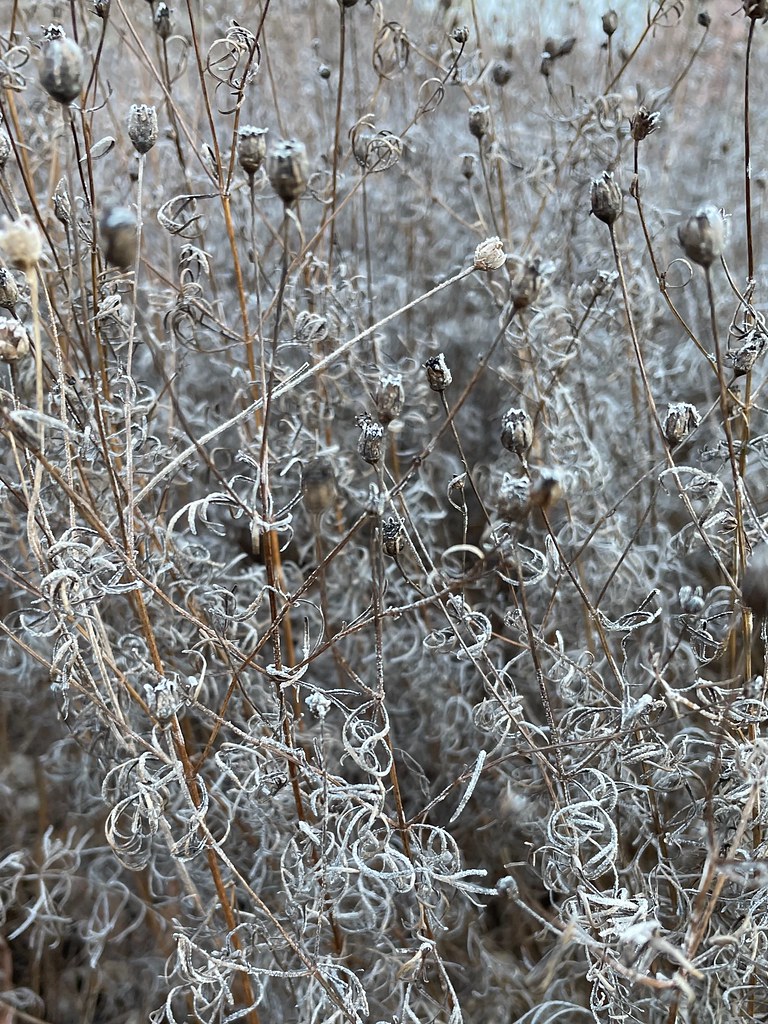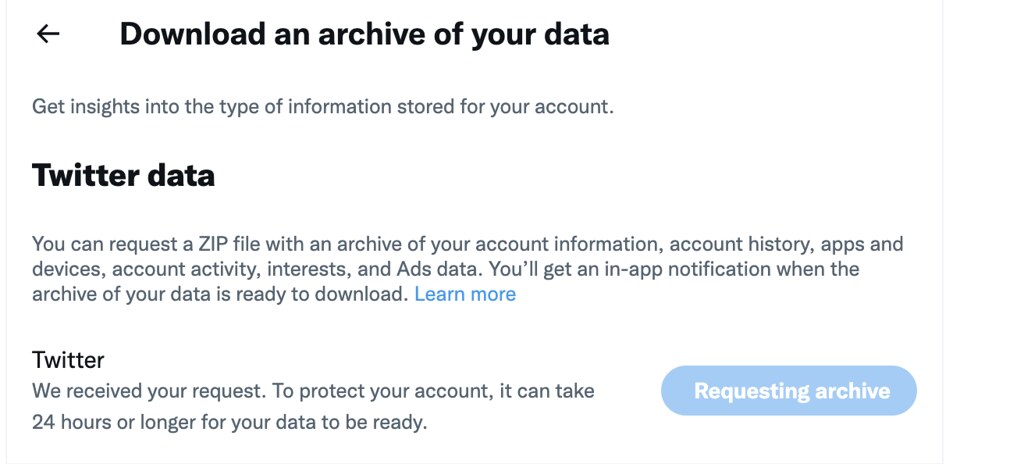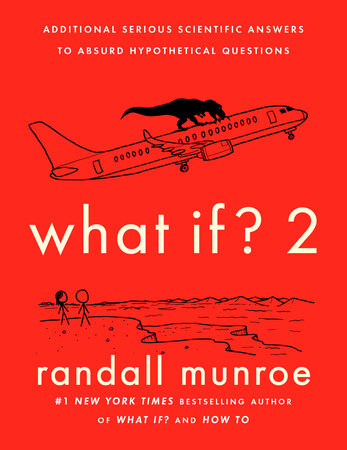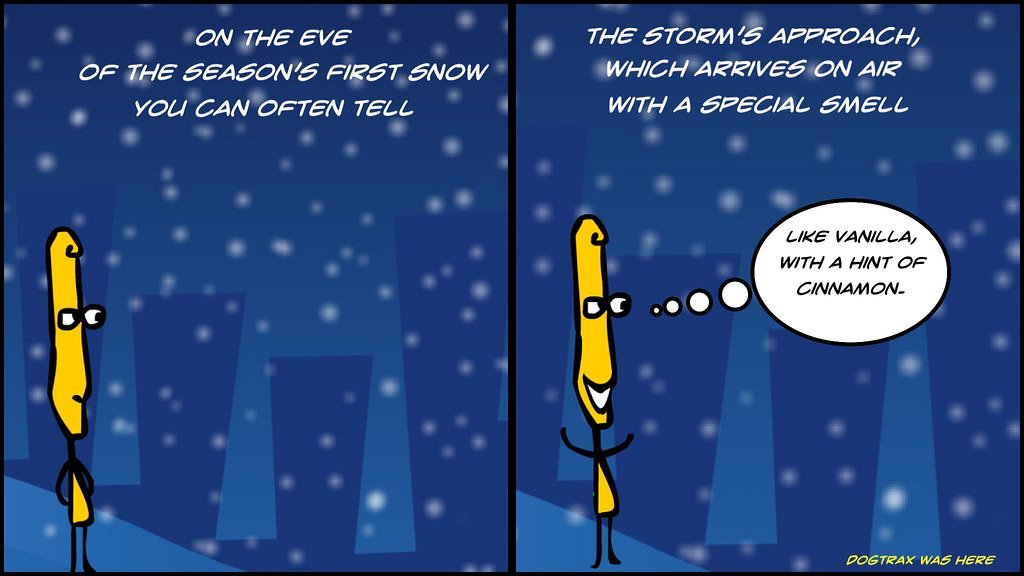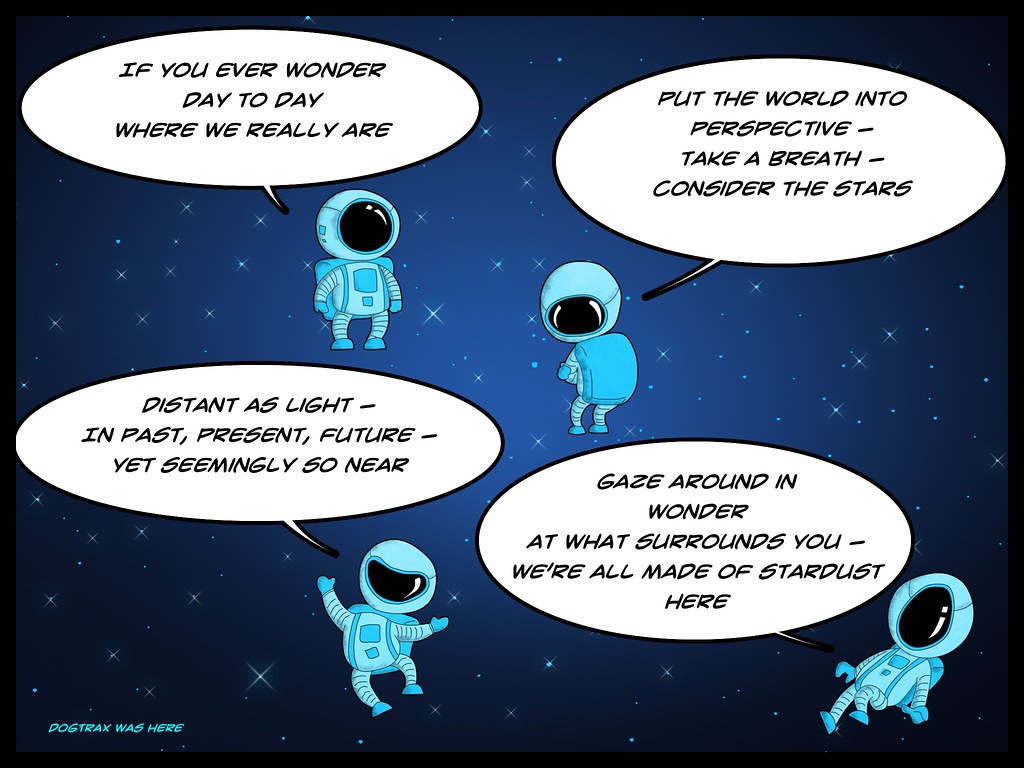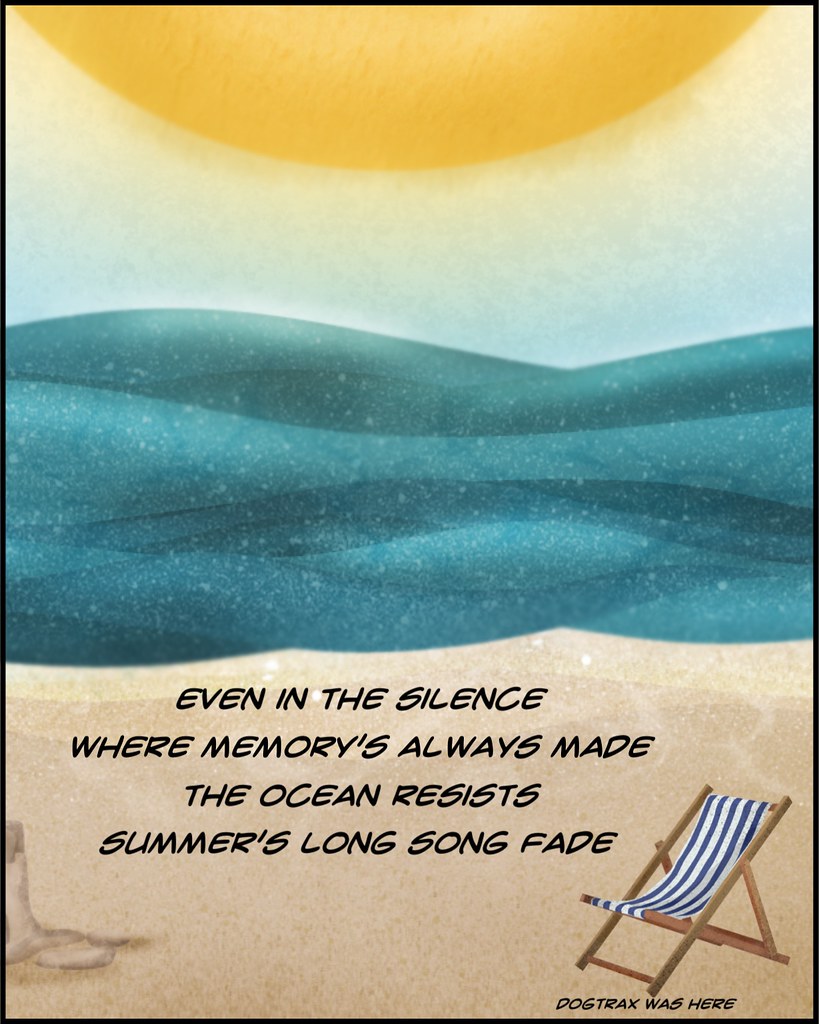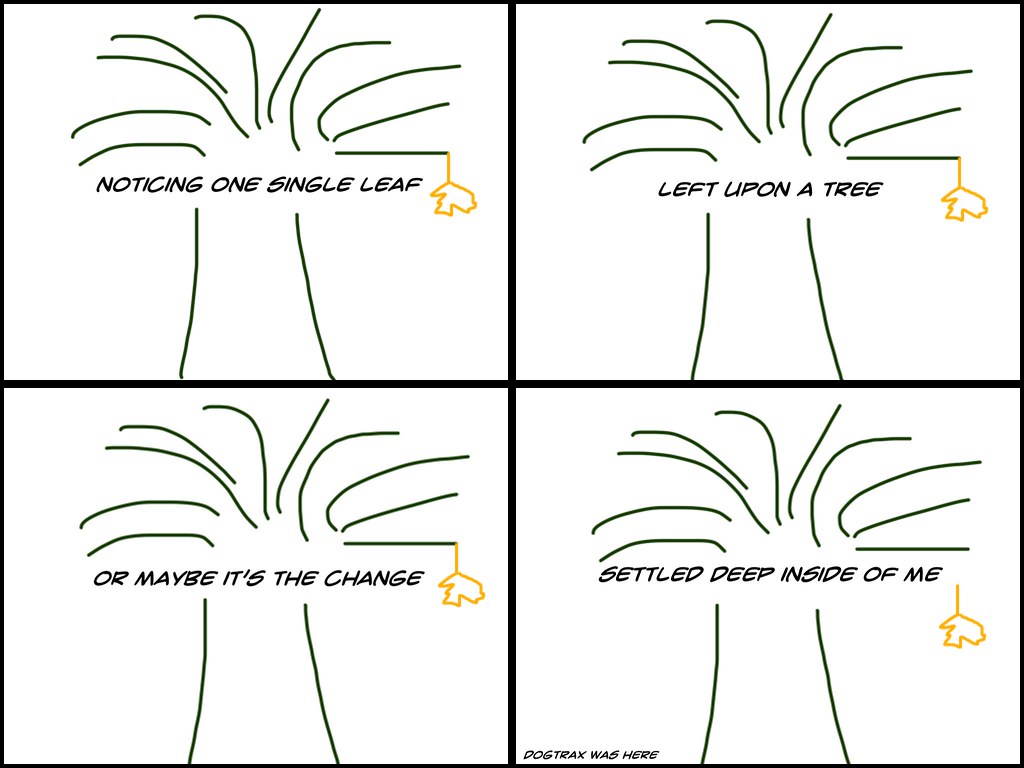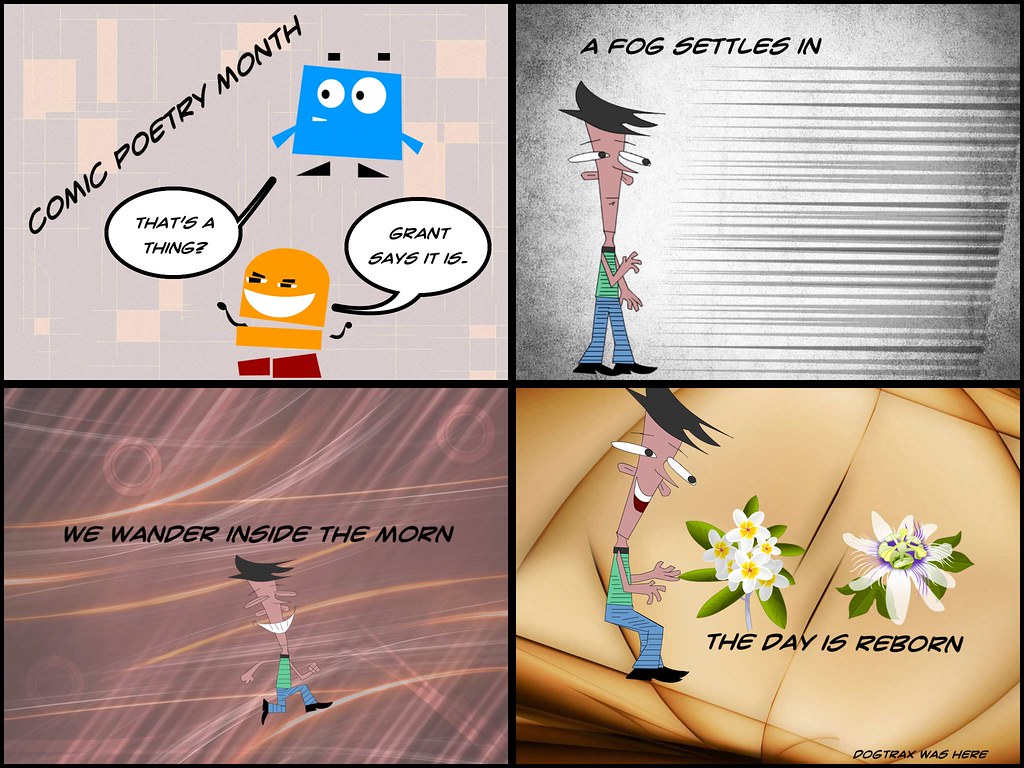Peace (and change),
Kevin
You Know You Might Be At The End Of A Social Network When …
I realized yesterday: I better request a download archive of my Twitter data. So I did. Now I am waiting for the file to come through. I am having flashbacks of Google-Plus and other networks that teetered at the end of the life.
Here’s how to request your data, if you so desire: https://help.twitter.com/en/managing-your-account/accessing-your-twitter-data
Peace (and mourning for what Musk has done),
Kevin
Book Review: What If? 2
I suggest it’s best to read through Randall Munroe’s latest collection of “serious scientific answers to absurd hypothetical questions” slowly, allowing the questions and the answers, and the funny comic illustrated quips, to settle in with you in his latest book, entitled What If? 2.
The science is deep (he worked for NASA as a roboticist, and he knows his science) but so is the funny, and if you know Munroe’s distinct style from either his XKCD comics or his other books, you know he balances the deep science and math thinking with an incredible array of bizarre ideas, in this case, generated by his readers. (The first What If? book was great, too, as are his other collections.)
The questions from kids here are the best, such as the opener here from a five year old: What would happen if the Solar System was filled with soup? Near the end, another question from a seven year old: How many snowflakes would it take to cover the world in six feet of snow? Munroe answers those questions and dozens more, too, and all are entertaining and interesting and educational.
His writing style and writing voice is something intriguing — he certainly knows his science but his ability to add the comic aside while celebrating the question (for the most part) is very effective. His signature stick people doodles show how far you can go with stick figures, too, and each answer has its collection of small comics that will leave you chuckling while also thinking.
Peace (and questions to ponder),
Kevin
Poetry Comic (First Snow)
And it happened. Two hour delay today …
Cartoonist and illustrator Grant Snider put out a call for comics for what he is calling Poetry Comics Month, and I am periodically joining in.
Peace (and winter),
Kevin
Another Poetry Comic (Stardust)
Cartoonist and illustrator Grant Snider put out a call for comics for what he is calling Poetry Comics Month, and I am periodically joining in.
Peace (and Stardust),
Kevin
CLMOOC Silent Sunday
Even More Poetry Comics
 Cartoonist and illustrator Grant Snider put out a call for comics for what he is calling Poetry Comics Month, and I am periodically joining in. This one is dedicated to my wife and her exuberant joy in the crunch of pine cones underfoot.
Cartoonist and illustrator Grant Snider put out a call for comics for what he is calling Poetry Comics Month, and I am periodically joining in. This one is dedicated to my wife and her exuberant joy in the crunch of pine cones underfoot.
Peace (and poems),
Kevin
Writing Small In Social Networking Spaces
I am a regular contributor to the #smallpoems hashtag on both Mastodon and Twitter. I also post to #smallmoments on Mastodon (it used to be #smallstories but that is now a nice stream of fiction stories, as opposed to observational moments that I like to write, to force my attention on the world) and I daily dive into the DS106 Daily Create (which are creative prompts designed to be completed within 10 minutes or so). I am also a participant in the Slice of Life challenge via Two Writing Teachers. Years ago, I helped facilitate something called Day in a Sentence.
What’s my deal with writing small?
I’m not sure, but I wanted to spend a few minutes (small amount of time?) thinking along these lines (and I can only write for myself here, not for anyone else who joins in on these various social media hashtags and writing activities):
- Social networks seem so large, expansive, and getting larger (well, maybe Twitter is going in reverse), that narrowing down to something small, like short poems or short writing, feels a bit like an antidote to the grand scale of a space;
- I actually appreciate the limits of writing in the confined writing spaces of updates, as the revision and editing that makes something larger, like writing, into something smaller and more focused, and maybe more nuanced, is a good skill to develop. Yes, I sometimes get frustrated when I hit my character limit without being done with my writing but that just means decisions need to be made — what really needs to be there and what is the fluff that needs to be removed;
- I enjoy when other people join in the hashtags and write their own small pieces, too. I try to engage, to humanize the space. Having smaller networks within the larger ones potentially makes interactions more personal. The opposite can be true, too, though. As folks abandon the Musk zone for Mastodon, and more people use the #smallpoems hashtag, which is of course a public space, it is feeling a bit like the smallness of it is undergoing significant change. It’s not a bad thing to have many poets and writers gathering together. It’s inspiring, but it is different than when it was 8 to 10 people hanging out on a hashtag.
- I periodically turn my own small poems into visuals, so having fewer words to work with makes that manageable. I guess in that case, function follows form (do I have that right?) in that I set about writing, knowing the possibility is that it will later on become a media object. That’s odd to think about, I guess. A little unsettling in reflection. But, true-ish.
- It’s a time-crunch thing. I write in the mornings, after walking the dogs and before getting ready to teach all day at school. My routine is to write, and write quick, and short form writing and sharing fits that routine quite well. I worry I am losing the ability to write longer pieces, though — that I have trained my brain for the short bursts of creativity and not nurtured my mind for deeper dives into writing.
Peace (in short),
Kevin
More Comic Strip Poetry
 Cartoonist and illustrator Grant Snider put out a call for comics for what he is calling Poetry Comics Month, and I am periodically joining in.
Cartoonist and illustrator Grant Snider put out a call for comics for what he is calling Poetry Comics Month, and I am periodically joining in.
Peace (and words in little frames),
Kevin
Joining In For Poetry Comics Month
Cartoonist and illustrator Grant Snider put out a call for comics for what he is calling Poetry Comics Month, and so, I figured, why not? It won’t be every day but I’ll try to dip in now and then.
This was from the other day:
Peace (and frames),
Kevin
